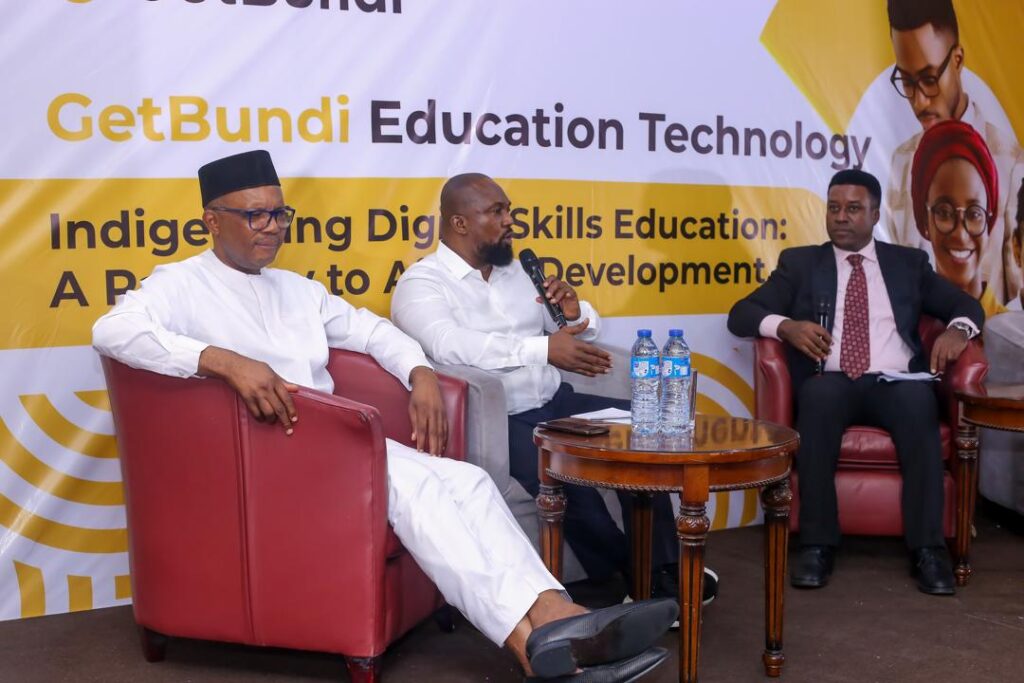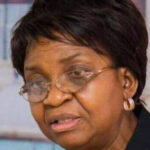 •YolaCare for inauguration today in Yola, Adamawa State
•YolaCare for inauguration today in Yola, Adamawa State
An application, YolaCare, created under Monaco Impact, promises to bring solutions to child healthcare.
The application, set for inauguration today, Thursday, March 3 in Yola, Adamawa State, will collect, maintain, secure, and generate health reports and statistics based on children’s medical records. YolaCare uses the most advanced methods; artificial intelligence, machine learning and blockchain technology.
YolaCare is part of Monaco Impact- Privilege of Promise. Monaco Impact initiates and supports social impact activities, such as the Monaco Ocean Protection Challenge, the high and lasting social impact YolaCare data-driven Child Growth application in cooperation with blockchain developer Modex and the Monaco Impact Ocean Microplastic Measuring Research Project.
Founder of YolaCare initiative in Nigeria, Dr. Hossein Hossani, told The Guardian that the main concern in child healthcare is the collected data is not enough to produce worldwide growth standards. In addition, the data collected in different regions or institutions are not connected. If a parent attends one health centre in a region for one vaccination turn and another health centre in another region or country for the next one, there is a possibility the first health centre would not find out if the child was given the next vaccination.
Hossani said with the YolaCare app parents can manage, monitor and control their child’s health. It provides parents, doctors and health centres with an easy app for managing a child’s growth data, vaccination dates and health-related issues. Those include history, physical, mental, and emotional development. For the first time a local, regional, city and country-based growth chart will be produced. Furthermore, the app uses a dynamic approach to collect information/data warehouse.
He said the app also utilises advanced statistical analysis; provides analytical results such as growth forecasts and confidence intervals; provides a dedicated curve adapted to a child with specific conditions, and notifies about current and upcoming growth abnormalities.
On what brought about YolaCare initiative in Nigeria, Hossani said: “Let me go a little bit back in history. I am a statistician. During my masters degree studies I was working on growth care and I noticed that there is a need from a statistician point of view and create software that can handle digital data this has been my intention for many years till I found a charity, which was the Monaco Impact telling me to support their initial idea. We started two years ago working with my healthcare experts in Yola, and working with my colleagues also, the doctors, and also American University in Nigeria to work on this initiative with the support of Monaco Impact. That is why the name of the initiative is YolaCare.
“The population target is in healthcare, especially for the children. What we are trying to do here in Nigeria is that all the birth registrations in Nigeria, at least what I saw during my last visit in September 2021, was paper base. What we are trying to do here is for the information on the children’s birth and growth as well as healthcare monitor should be in a digital format and also the parents who are using the mobile app, they can see the growth of their children.
“In addition to what we are trying to do here, currently in Yola perhaps in Nigeria, much information is not collected. It is just weird at the moment. What we are trying to do here, we are collect the information as well and that is a huge impact on the children’s healthcare in Nigeria. So, we are trying to collect that information and pass it across Nigeria and in different part of the world.
Why did you choose Yola to pilot the programme? Hossani said: “If you look at the World Health Organisation (WHO) data, we see that more or less Nigeria has one of worst child health statistics in the world. The statistics is backed since 2009. We are suffering from the issue we are discussing today and specifically Nigeria with most rates also if you look at Nigeria in terms of child and maternal death rate, is one of the most advanced countries in this area.
Yola, as I mentioned is one of the best collaborations I had during my stays at the American centre as well as the University. It gave me the motivation to start from Yola.”
What have been the challenges? He said: “There are a couple of challenges if you look at it globally. If you look at it globally, in line with the incident we are talking about, it is not only for Nigeria but also for the world. In Europe, where I am living, I do not have the information of my children in my hand. They either give me a call, which I might have it or not, and if I go to other parts of the world, or a doctor in one history and the doctor does not have it, that is a huge impact in the digital world we are leaving. The WHO is also working to bridge this gap.”
Who are your partners? Are you partnering with the Federal Ministry of Health? Who is supporting you in Nigeria? “Yes, of course in Nigeria, we are partnering with Federal Ministry for Health and they have quite supportive,” he said.
Are you concerned that the project might not be successful because of the peculiar challenges in Nigeria? “We have a lot of challenges and obstacles that we need to carry on and tackled. But I am very optimistic that the project is going on successfully, especially in the digital area. We are in the digital world and most especially it is related to human life. I have discussed the issue to the WHO,” Hossani said.
Do you have plans of expanding the project to different parts of Nigeria may be in the next two years? “After implementing these projects in Yola, we are planning to implement them in different parts of Nigeria with the support of the big organisations and the health ministries in Nigeria. We also plan to expand to other African countries and to the world as a whole,” the statistician said.
You are a statistician, but you are doing the job of public health physician and an epidemiologist? “I am a statistician and I have worked many years with the area of data.
I have published my works in more than 50 to 60 journals in the field of public health and medicine and also in the area of public data.
“With my knowledge, I count myself as someone that is trying to bring new technology, advance technology in the area of data information. So, let us try to use this information for the benefit of human life. At the same time, I consider myself as someone that brings in new technology and data into the health system, to use this information for the benefit of the human life, and it is also a good impact for everyone in the university and academia,” he said.













